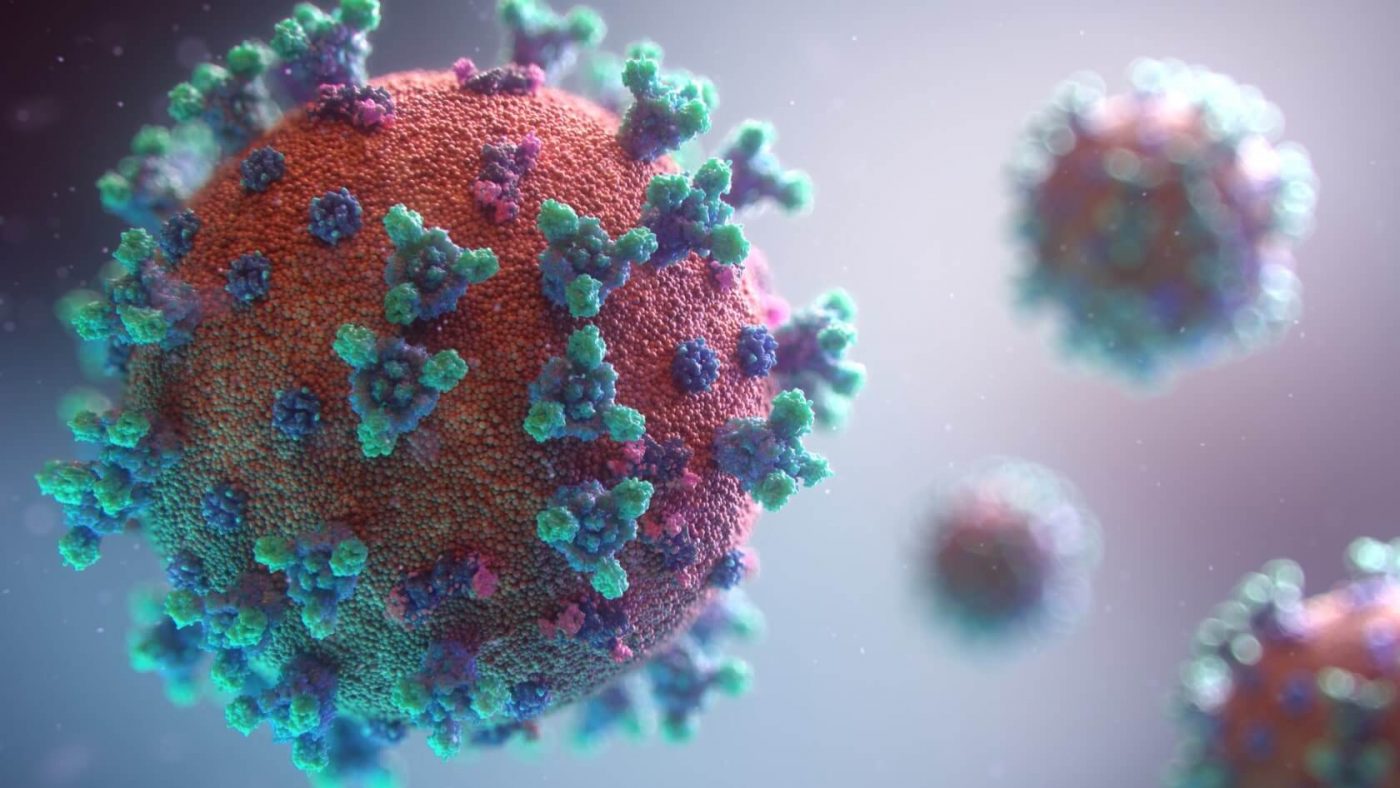by Maëlle Julou
This period of a health emergency, so particular and so absurd, made us realize the need, in our society, for volunteering. How emergency management would not have been the same without those people who made themselves available to the community, by their own will, making available what they could offer, to those who needed to receive. Without the intervention of NGOs and associations, the public system would not have supported the impact of this unexpected emergency, at least in some countries, especially those most affected that have had to deal with large numbers of infections, such as mine country of origin, Italy.
However, if some voluntary sectors were essential, and even overloaded with work, others found themselves immobilized, they had to reinvent themselves. If we think about all the projects that involve moving to other countries, or all those activities that were possible and effective only in a group, in which human contact is fundamental, we can say that volunteering also went through a period of crisis. Like all the crises, it has certainly brought about changes, difficult to say if more negative or more positive; it is certain that new awareness has arisen.
On the one hand, there has been an increase in the use of IT means, both for communication and for the actual management of the various activities. Therefore, there were positive implications in the application of these tools and methodologies that could have improved the performance of some activities. Even the presence of associations on the web that was previously inactive in most cases, therefore, led to greater visibility of volunteering.
The other side of the coin of the consistent use of IT channels, which at first glance might seem negative, is the difficulty encountered in dealing with activities and communications and therefore from a certain point of view the loss of effectiveness in carrying out the activities. There is, therefore, an awareness of the need of contact, of real hands that help each other and eyes that look at each other, trust and human warmth, values on which volunteering is based.
This period of distancing and forced isolation, I believe, has developed a sense of tangible, even if invisible, interconnection. The responsibility for which my wrong gesture could cause harm to the other, through the ease of contagion, so that my freedom and health depended increasingly on that of the other person. This responsibility which has also turned into solidarity and a sense of community, I believe, and hope, will not disappear so easily. This unnatural nature in meeting with the other, limited freedom of movement, I think made us reflect on the importance of the human relationship and the freedom that perhaps too often we take for granted.
According to all these reflections, we will probably appreciate humanity more. This, together with the real need to face the post COVID19 social and economic crisis, will lead, in my opinion, to an increase and enhancement of voluntary activities.
By Maëlle Julou

